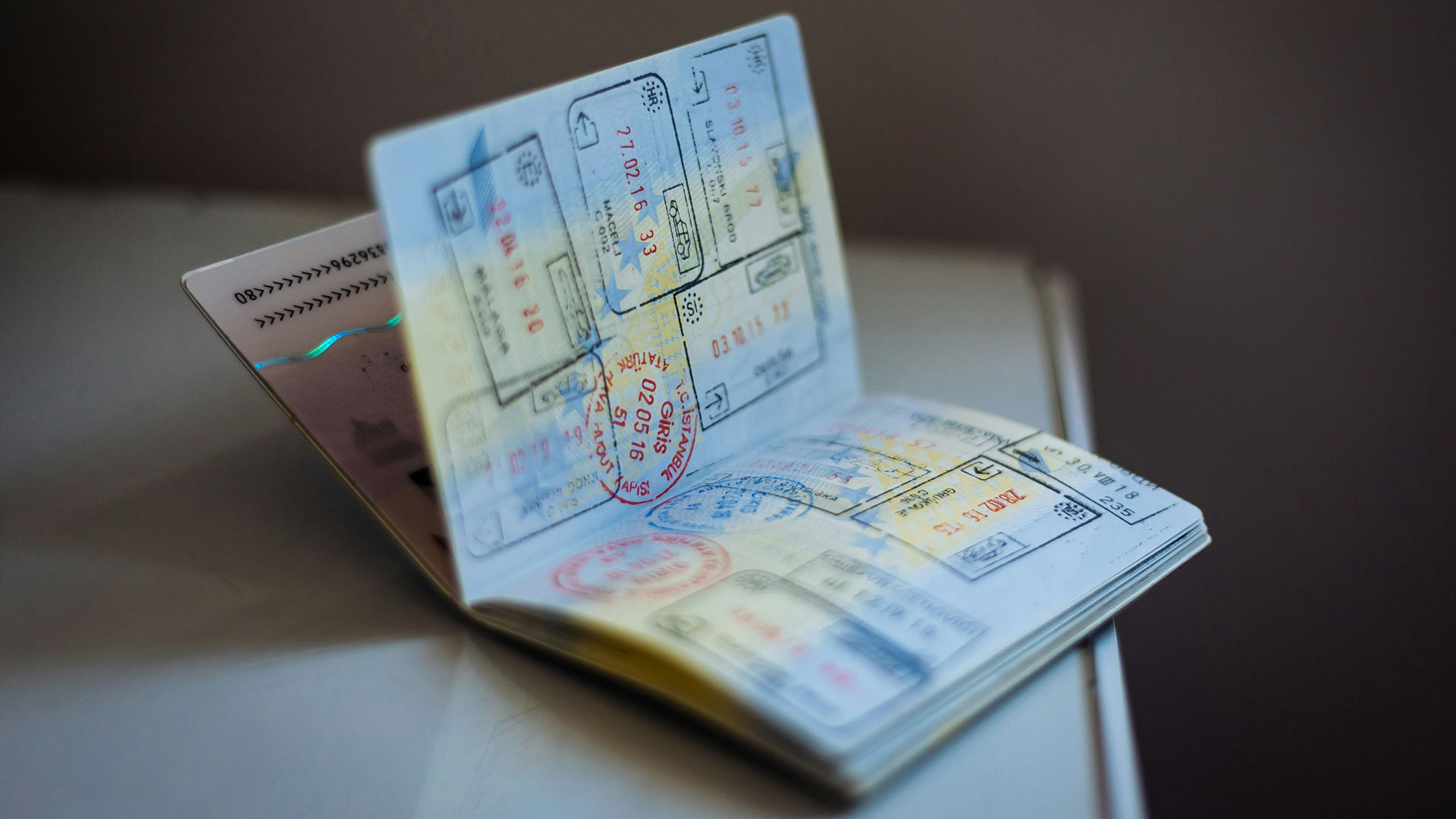
Do you know who can migrate to your country?
Migration governance
Migration governance refers to the wide set of policies that regulate human movement. We work to understand the global variations of these policies and identify the complex economic, political, and social consequences that result from them.
Highlights: This past year our work has:
- Continued to track Ukrainian migration in Europe after the full-scale Russian invasion in Ukraine, identifying why policies need to be gender informed, how policies could facilitate integration, and what an effective return policy could entail.
- Identified several fundamental issues the create obstacles in effective and sustainable Africa-Europe partnerships on migration.
- Revealed the persistent role that criminal groups play in shaping migration governance and demonstrated the impact of that typical categorizations of human movement (e.g. forced/voluntary migrants, regular/irregular) have on policies.
- Demonstrated that despite the COVID-19 pandemic establishing the importance of migrants as essential workers, this did not result in long-term shifts in migration policy.
Upcoming Priorities: Over the next year we are working to
- Identify the role that national institutions have in shaping the conditions of irregular migrants and compare how policy responses vary across Europe.
- Conduct empirical research in Southern Europe and North Africa to explore crime’s influence on migration governance and develop new theoretical frameworks to understand the role of crime in migration governance.
Explore more
Featured publications:
- Time to address the absence of ‘gender’ in the temporary protection directive and its recent implementation – Iuliia Lashchuk
- A global network of scholars? The geographical concentration of institutes in migration studies and its implications – Lorenzo Piccoli, Didier Ruedin and Andrew Geddes
Related research projects:
- Measuring Irregular Migration
- Global Asylum Governance and the European Union’s Role
- Ukraine Research Network and Ukraine Policy Tracker
